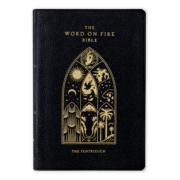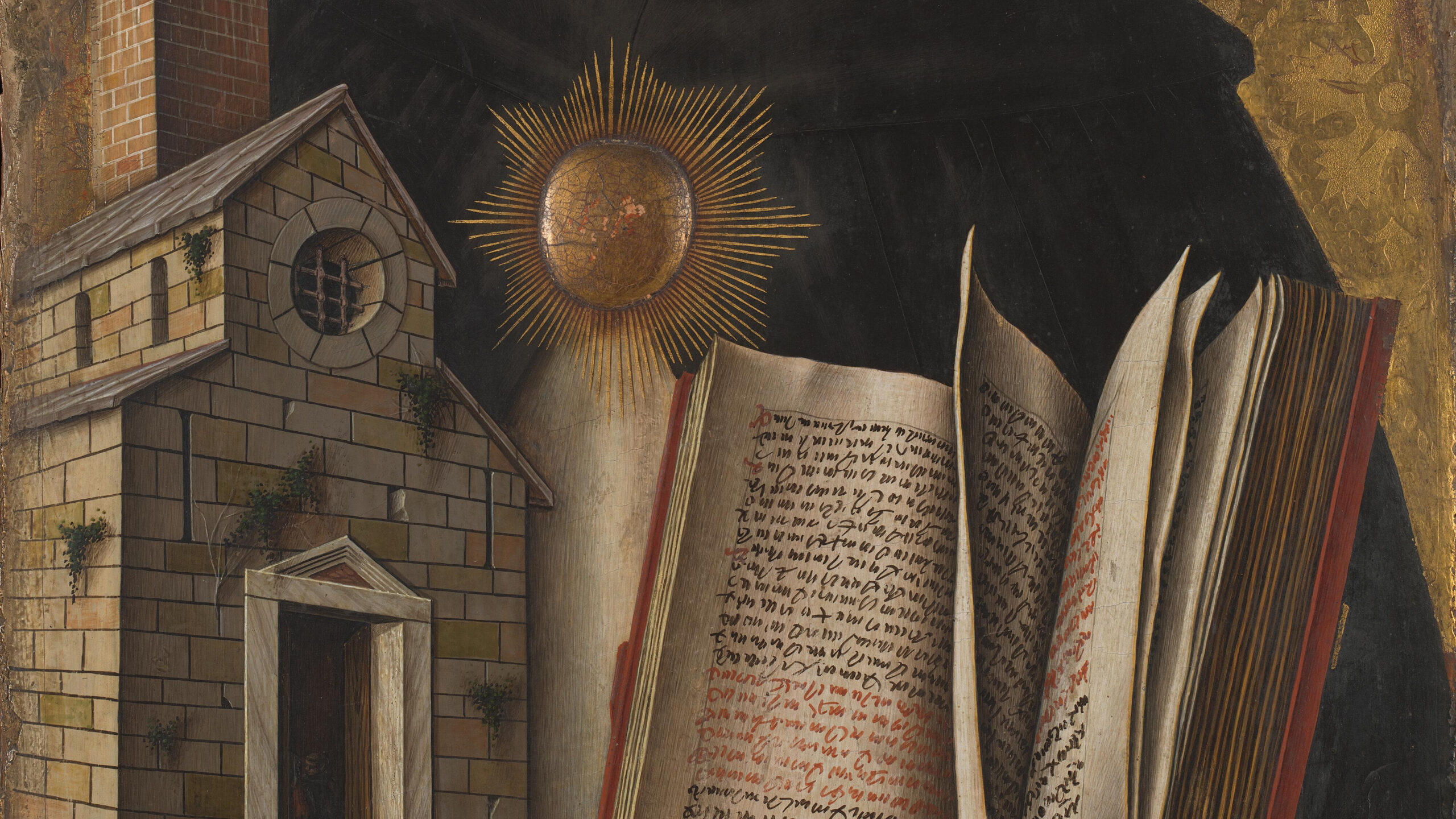When I was in fourth or fifth grade, I went to summer camp in the beautiful San Juan Islands of the Pacific Northwest. One day, I went into a bathroom stall and looked over the graffiti. I don’t now recall anything else of what was written but this one single sentence: “Can God make a rock He cannot lift?” It got me thinking: “Well, if God is all powerful, he can do anything, so God can make a rock He cannot lift.” However, then I thought, “But if there is a rock that God cannot lift, then this rock is greater than God in some respect. But nothing can be greater than God. So God must not be able to make a rock He cannot lift.” I didn’t know what to think. “Can God make a rock he cannot lift?” was a question I could not answer. Both answers seemed right. Both answers seemed wrong. This question made me wonder.
Around the same time, in Seattle, a friend in the grade ahead of me raised the topic of abortion. He was the youngest of six and took the pro-choice side. I, for whatever reason, took the pro-life side. He challenged me: “So, tell me honestly. Do you really think a zygote, just one single cell, is a human being? Just one little dot the size of a period at the end of a sentence is equal to you and me?” “Well,” I answered haltingly, “I guess not just one cell.” “All right then,” he continued, “what about two cells? Three? Five? Abortion is just the removal of these cells before they are human.” I wasn’t sure how to reply. His challenge made me wonder.
Questioning is not denying. And wondering is not dissenting.
The vocation of a Catholic intellectual begins in questions giving rise to wonder and wonder giving rise to questions. What makes you question and wonder may not be what makes me question and wonder. The questions I asked as a teenager were different from the questions I asked as a graduate student and those are different from the questions I’m asking now.
But questioning is not denying. And wondering is not dissenting. St. John Henry Newman put the point this way:
Ten thousand difficulties do not make one doubt, as I understand the subject; difficulty and doubt are incommensurate. There of course may be difficulties in the evidence; but I am speaking of difficulties intrinsic to the doctrines themselves, or to their relations with each other. A man may be annoyed that he cannot work out a mathematical problem, of which the answer is or is not given to him, without doubting that it admits of an answer, or that a certain particular answer is the true one.
The Catholic intellectual is convinced that although the resolution to a particular difficulty may not be evident at the moment, there is a solution. You may encounter so many difficulties that it could seem as though you have lost faith. But having faith is not about having feelings. Fr. Richard John Neuhaus advised folks not to focus on feelings but to focus on actions. He wrote, “If you would believe, act as though you believe, leaving it to God to know whether you believe, for such leaving it to God is faith.” In that way, while the Catholic intellectual may not be able to answer this or that objection to God’s existence, he or she acts in belief as the difficulties are put to good use as spurs for investigation. The Catholic intellectual does not doubt that God exists, but rather acts in ways that only make sense because he or she believes God exists.
There is a symmetry between believers and non-believers in terms of difficulties. C.S. Lewis put the point this way:
Just as the Christian has his moments when the clamor of this visible and audible world is so persistent, and the whisper of the spiritual world so faint that faith and reason can hardly stick to their guns, so, as I well remember, the atheist also has his moments of shuddering misgiving, of an all but irresistible suspicion that old tales may, after all, be true, that something or someone from outside may at any moment break into his neat, explicable, mechanical universe. Believe in God, and you will have to face hours when it seems obvious that this material world is the only reality; disbelieve in Him, and you must face hours when this material world seems to shout at you that it is not all. No conviction religious or irreligious will, of itself, end once and for all this fifth-columnist in the soul. Only the practice of faith resulting in the habit of faith will gradually do that.
If you are an intellectual of any kind, you’ll have many of your own questions, difficulties, and misgivings with whatever worldview you embrace. These questions, difficulties, and misgivings are good. They are good because God gave you a restless mind geared to seeking after the truth, and all truth is ultimately from God. As Princeton Professor Robert P. George said,
My advice to my students is the same as my advice to myself—and to everyone: Seek the truth. Speak the truth as best you understand it. Do not permit yourself to be bullied into silence. Do not allow yourself to be shamed into saying things you don’t believe or expressing yourself inauthentically—by, for example, embracing movements or endorsing slogans about which you have reservations. Do not let fear of the mob or lust for acceptance or applause–or the desire to get ahead—dictate what you say and don’t say.
The vocation of the intellectual is the vocation to seek the truth, to speak the truth, and to live in the truth.
Catholic intellectuals seek the truth wherever it may be found. I only realized later that the truth found by science helps answer my childhood friend’s question, “Do you really think that one cell zygote is a human being?” We might back up and ask a slightly different question. Are there living creatures that are just one cell? The answer to this question is unequivocally yes. No one disputes that an amoeba is a living one-celled organism. So, that an individual organism has only one cell is no obstacle whatsoever to that organism being alive. The question then is, if a human egg and human sperm unite, and create a one-celled organism called a zygote, is that zygote accurately described as a human being, a member of the species homo sapiens? If this individual has a human mother and a human father, is made of human tissue, has human DNA, what kind of creature could this individual be other than a human being? If a male human being and a female human being reproduce, the only kind of creature they can make is a human being. They couldn’t reproduce a dog, cat, or elephant. Indeed, 96% of biologists in a recent study indicated that human life begins at fertilization.

Moreover, no one can choose abortion until pregnancy is discovered. At five and a half weeks, when most women discover they are pregnant, the prenatal human already has a beating heart. At this stage, it is even more obvious than at the zygotic stage that the prenatal individual is alive, growing, and developing full human bodily organs. If I’d known more about biology, I might have asked my young friend, “Do you really think that this individual is not a living creature despite the beating heart? Everyone agrees an embryo or fetus can die, but what can die must first be alive. Your yard sign indicates you believe ‘Science is real,’ but your beliefs about prenatal human life contradict known scientific facts.”
Truth, whether scientific or religious, can never contradict truth. The Catholic intellectual believes that God is the source of all truths, so ultimately the truths God reveals can never be in conflict with the truths of nature. As Pope St. John Paul II put it, “Faith and reason are like two wings on which the human spirit rises to the contemplation of truth; and God has placed in the human heart a desire to know the truth—in a word, to know himself—so that, by knowing and loving God, men and women may also come to the fullness of truth about themselves.”
